Higdon in South America: Part 9
February 25, 2018
Uyuni salt flats, Bolivia
You see his smiling face on about every third billboard, a giant Big Brother image redolent of Orwell’s 1984. No brick wall is complete without “Evo, Sí” spray painted in size triplegiga font. He’s Evo Morales, Bolivia’s president-for-life (if he gets his way), an unreconstructed Socialist straight out of central casting. Sailing into the presidency of one of South America’s poorest countries in 2005, he immediately jumped into bed with his two heroes, Hugo Chavez and Fidel Castro. Heard this one before, you say? That’s what I thought too.
The basic script for the caterwauling reformer was written by Gaius Gracchus 2,300 years ago and without changing a single note it was working still for Bernie Sanders in 2016: “Those rich bastards stole your money and your land. Vote for me and I’ll steal it back.” Evo’s twist was to add that he was born into the Aymara indigenous nation, one of 36 such groups recognized in Bolivia, some of which have as many as 40 members. And you thought identity politics in the U.S. was out of control.
In the campaign Evo rode his native heritage like a horse, despite the fact that he couldn’t actually speak the Aymara language. But pointing out such trivial inconsistencies is considered poor form, much like noting that Elizabeth Warren, the Senate’s only Cherokee, rarely sleeps in a teepee. Other warts Evo didn’t even bother to hide. The only things he believed in, he said, were the land, his parents, and “Cuchi-Cuchi.” Yes, that means exactly what you think it means, as his three children, all out of wedlock by three different women, mutely attest.
Upon his inauguration in 2006 diplomatic relations with the U.S. crumbled. Evo had come up through the trade union ranks as a coca grower. He refused to cooperate with DEA efforts in Bolivia. His stance was “Coca yes, cocaine no.” That wasn’t good enough for the U.S, State Department. If you’re not all in with “Just say no,” then you might as well be a narco-trafficker. Even Obama, whom you’d have thought could have been Evo’s brother by another mother, condemned him. Evo seemed genuinely hurt by the repulse, and I can’t say that I blame him. The man wanted to protect one of his country’s industries, and besides, you can count on the fingers of one hand the number of truthful words the U.S. government has spoken about drugs since 1938. I give this round to Evo.
I’m tempted to say that no one knows where all this will end, but if the past is prologue, then we have some clues. Nationalize gas and oil (check), see if Iran is interested in your uranium (check), and bypass or ignore the Constitution when it gets in your way (check). Despite some positive economic gains during Evo’s presidency, Bolivia is still dirt poor, but that word means something else when you look at Venezuela and Cuba. Unlike kleptomaniacal thugs like Hugo Chavez and Robert Mugabe, Evo cares nothing for material things. One thing is sure: He won’t be going quietly into the night. The man is on a mission.
Our mission today was to visit the salt flats 300+ miles south of La Paz. Until recently the farther south you crept, the worse the road got, including some infamous river crossings. Friends of mine a few years ago came down the highway only to return northbound with their bikes on the back of a truck. Now the road is sealed the entire distance. The river crossings are made on bridges. The world changes apace, even in Bolivia.
As Mike Paull mentioned this morning before we set out in three 4×4 land cruisers, unlike China’s Great Wall, El Salar de Uyuni really can be seen from space. It is the greatest concentration of flat land on the face of the Earth, so unvarying that it is used to calibrate the altimeters of orbiting satellites. Now, during the wettest rainy season in years, more than 10% of the 4,200 square miles of the salt flats is under water.
As Machu Picchu is to the tourist industry in Peru, so is El Salar to Bolivia. Last night every hotel in the Uyuni-Colchani area was booked with Asian tourists. Even so they are not the principal benefit to Bolivia’s economy in this forlorn place. Lurking a few inches to a few yards below the surface are the chlorides of salt, magnesium, potassium, and particularly lithium, the latter making up nearly half of the world’s supply of the precious metal. Without that element, you don’t have modern batteries, a fact that surely has not escaped Evo’s attention.
In our vehicle as we splashed toward a rendezvous point miles away, Ron and Paul suddenly burst into their rendition of Gordon Lightfoot’s Carefree Highway. Nick, Lightfoot’s countryman, could not help but join in. As Lightfoot was in large measure responsible for my getting through law school – another story for another day – I quickly cranked up the tune on my phone. That led the driver to pass me a connection cable and soon we’d turned the cruiser into an 80 dB boom box. I turned to Franco and said, “I guess you’re outvoted here.” He smiled and replied that he too was a big fan. We reverberated through the brine at 10 mph. If it were the only memory I ever carry away from the magical place, it will be enough.
https://spotwalla.com/tripViewer.php?id=177dc5a62c0d1d6a1c&hoursPast=0&showAll=yes
More by Robert Higdon



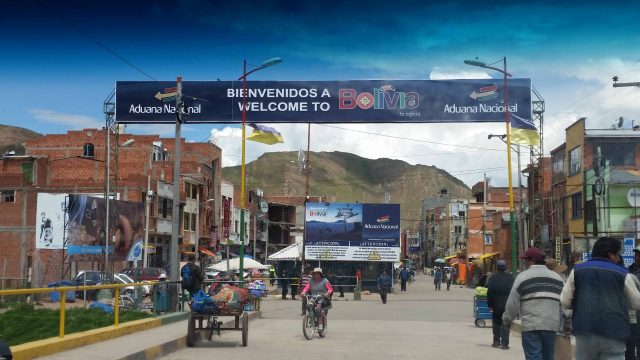
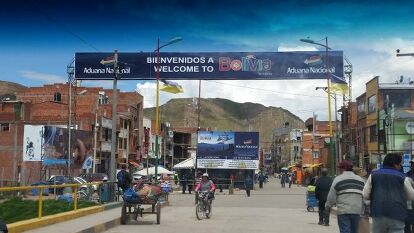










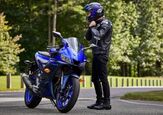
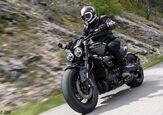
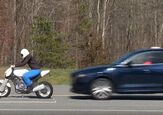

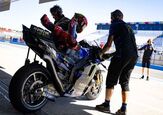
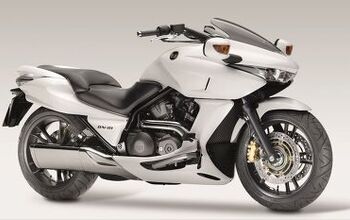
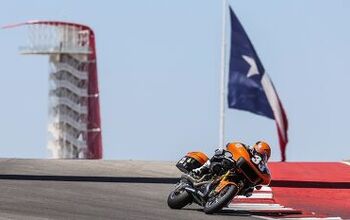

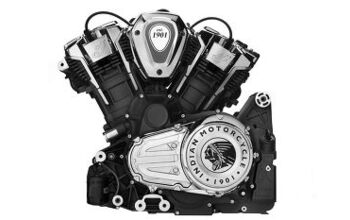


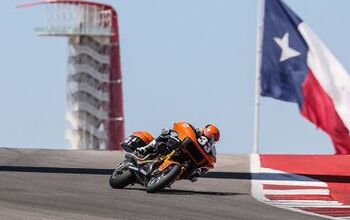

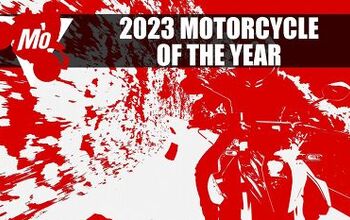
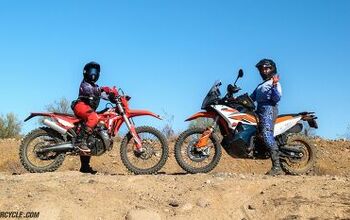
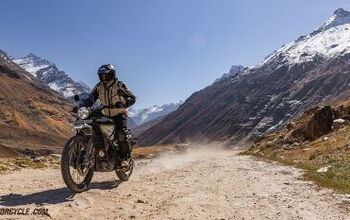

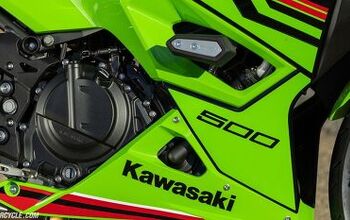

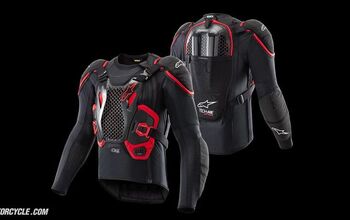

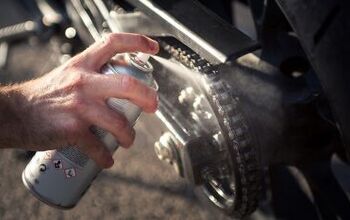
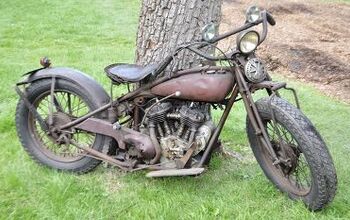
Comments
Join the conversation
Dropping politics into a motorcycling discussion is never a good idea. Warning appreciated though.
I hope the eye(s) and 02 issues are being resolved and you can get on 2wheels again; if not it would still be great to hear how the riding experience is going for the other participants. How both they and their bikes are coping at extended time at high altitude would be good to know.
As it is the 'travelogue' vignettes are interesting all by themselves.